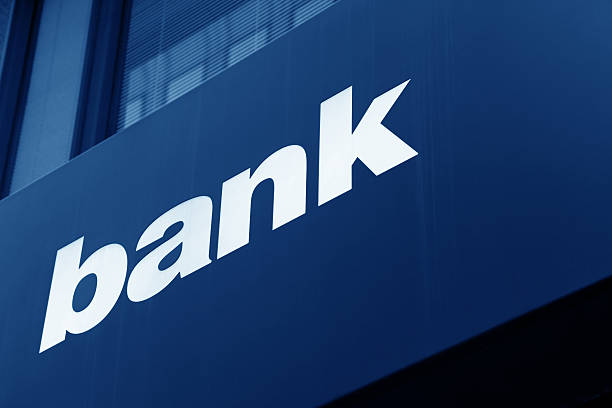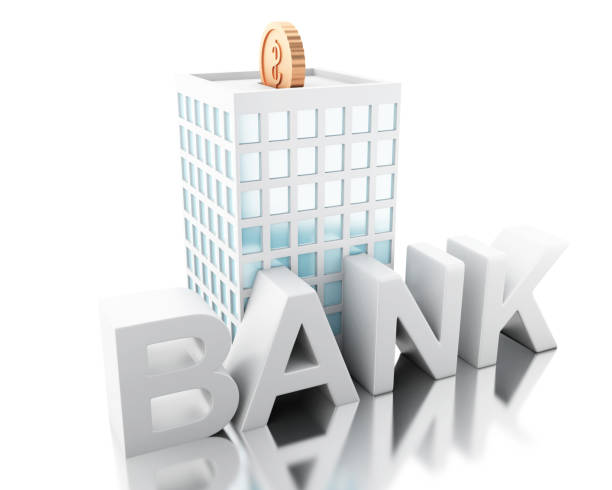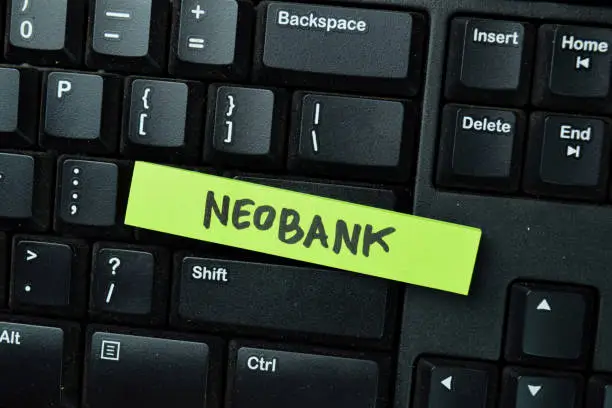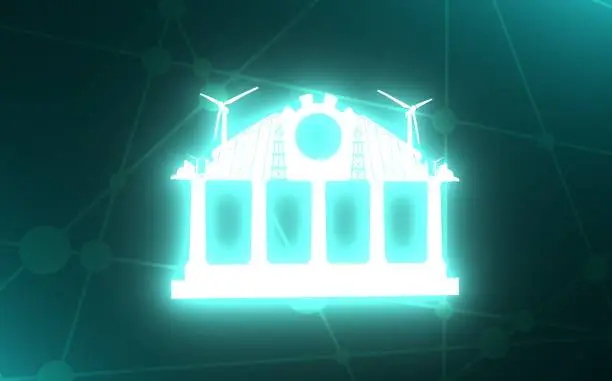Mandala Exchange, often known as MDEX, is a well-known decentralized technology built on the Huobi Chain. In January 2021, it was introduced. MDEX is a decentralized automated market-making (AMM) exchange protocol that utilizes the idea of fund pools. It has some similarities to traditional DEXs but sets itself apart from rivals by utilizing a dual-chain model based on the Ethereum network and the Huobi Ecological Chain (HECO), which gives it access to the Ethereum ecosystem’s liquidity. MDEX, a trading platform built on top of HECO, estimates the cost of token swaps at $0.001 per deal, with a three-second transaction time.
The platform’s wide functionality, which permits the inclusion of several cross-chain transaction protocols, has helped it quickly gain a significant amount of popularity. The platform gains from the advantages of many public chains, which together build a complex ecosystem with great performance capabilities. The MDX platform’s native token may be used for a variety of purposes, including voting, trading, repurchasing, and fundraising.
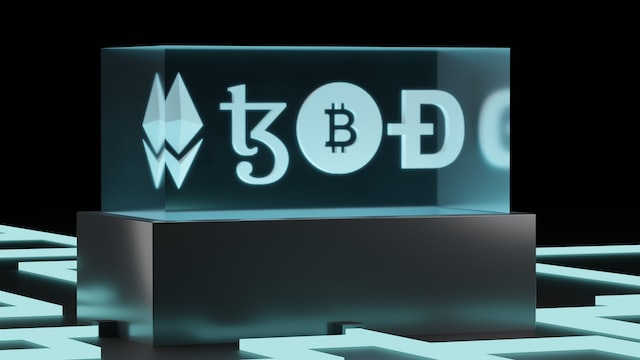
Background of MDEX
Following the project’s first release, MDEX immediately increased the transaction value to $521 million and the liquidity value to $275 million. Despite not having linked with the Binance Smart Chain in the beginning, MDEX was nevertheless able to acquire a sizable volume. After its debut, the daily transaction hit a billion dollars in only 18 days. The liquidity quickly rose to a value of USD 1 billion. As part of its development goals, MDEX joined BSC on April 8, 2021, and the platform’s different financial metrics immediately increased.
In the sense that it can retain unmatched assured liquidity while still offering a smooth platform for quick trading and minimal transaction costs, MDEX has revolutionized the idea of fund pools. Based on the Heco chain, it employs a dual mining method that boosts the security and assault resistance of the funds. On the site, users can effortlessly stake or trade and choose from thousands of trading pairs offered by knowledgeable contractors.
Qualities of MDEX
MDEX is a platform that acts as an exchange and interface between investors and the cryptocurrency market of the Heco chain, and it is based on a decentralized trading protocol. The platform’s wide range of features and services, which include the following, help to explain its popularity:
Cross-chain services
The bitcoin trading platform included the Binance Smart Chain (BSC) in 2021. In addition to adding assets and deals worth billions to the platform, this integration also made it possible for it to provide services and conduct transactions along both its fundamental chain and its smart chain. MDEX’s users may move their assets across chains using smart contracts thanks to the joint management of Heco and BSC. In addition to this, Ethereum, another enormous network, is also entwined.
Swapping
The act of exchanging one cryptocurrency asset for another via a trading platform is known as swapping in the context of blockchain technology and cryptocurrencies. Both centralized and decentralized exchanges may be used for this, and each has advantages and disadvantages of its own, such as different trading volumes throughout the market. MDEX has made asset exchange easier by providing a clear swap interface. The MDEX platform supports thousands of switching pairings.
A simple swap interface
Additionally, the switch interface is simple to utilize. This makes MDEX even more appealing. The Huobi eco chain can provide different advantages to those who mine for liquidity since the exchange will develop more quickly as more MDX tokens are produced.
Tokenomics with Deflation
A “repurchase and burn” strategy is used in MDEX’s tokenomics, which over time reduces the MDX token’s supply while simultaneously increasing its value. The long-term sustainability of MDX value is maintained by this model. The “repurchase and reward” mechanism, which provides additional incentives for MDX holders to stay on their tokens, lends support to its tokenomics. In addition to generating prizes, MDX tokens may be used to take part in the market’s fastest-growing DEX’s governance system. Holders can suggest and decide whether to put a token on the MDEX market or use another asset as collateral.
Compatibility with protocols
The automated market maker (AMM) that MDEX employs enables minimal slippages for transactions, strong market depth, and high returns for transaction and liquidity miners. MDEX is meant for users and project creators. Projects built on Huobi and HECO also make use of MDEX since it makes it easier to trade the assets that these networks provide. AAVE, BAL, LINK, and YFI are just a few of the Ethereum-based DeFi protocols that have started MDEX liquidity mining.
The MDEX token
With community-driven governance, each token enables users the ability to vote and make choices for the decentralized exchange. Large pools are usually advantageous for any platform, and HECO and BSC have frequently reached 24-hour transaction volumes of $750 billion or more.
